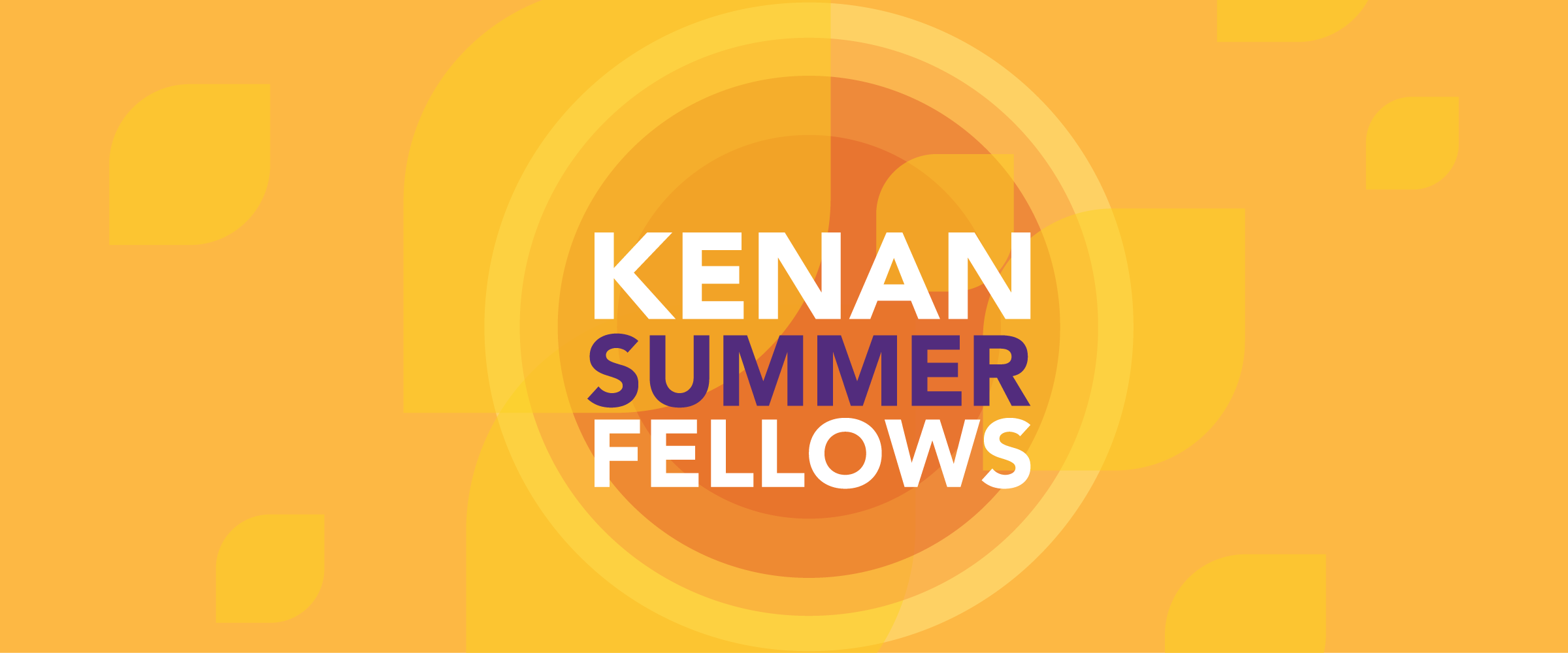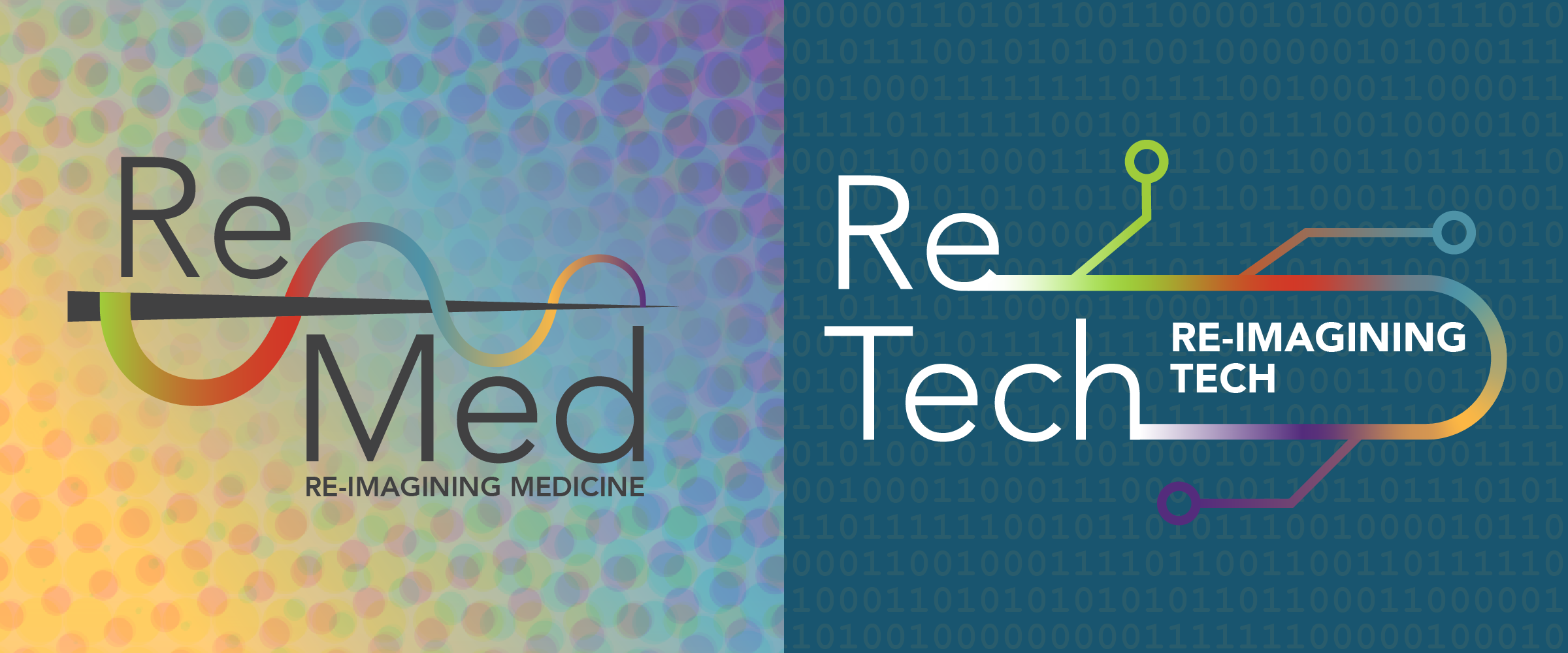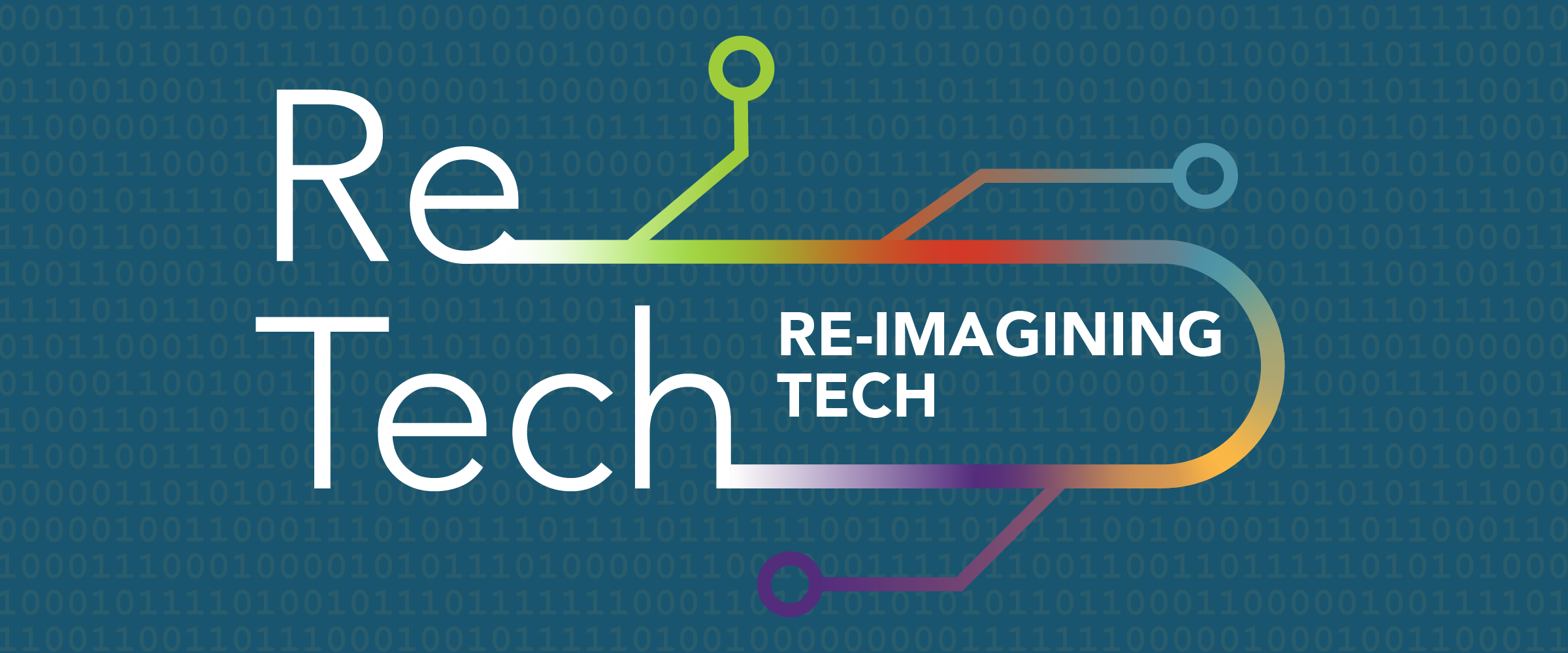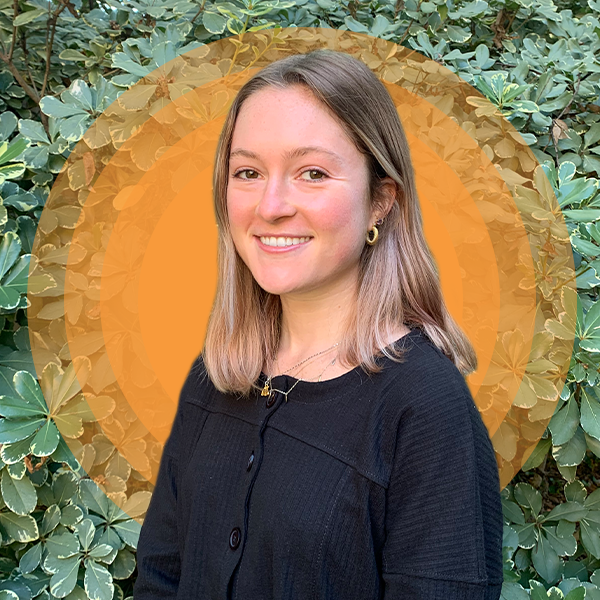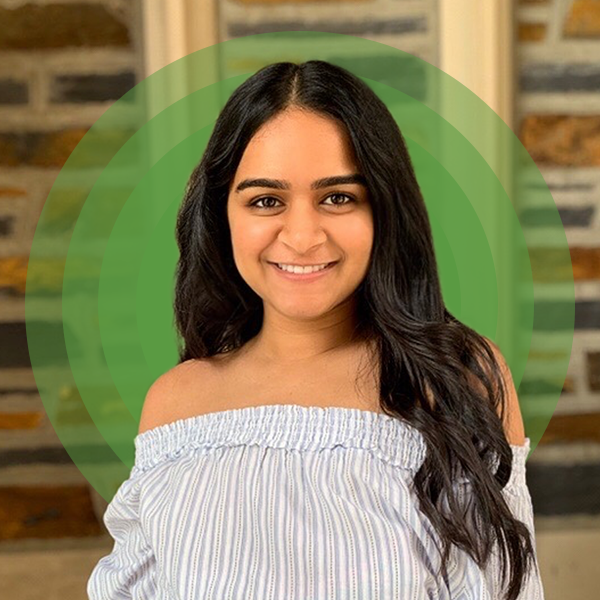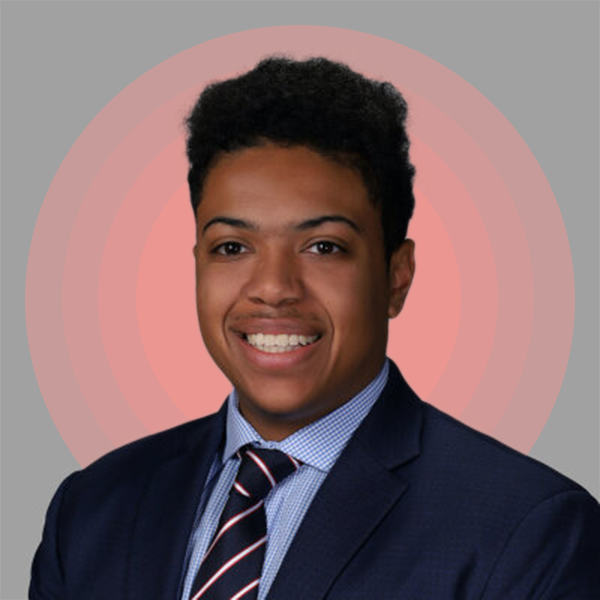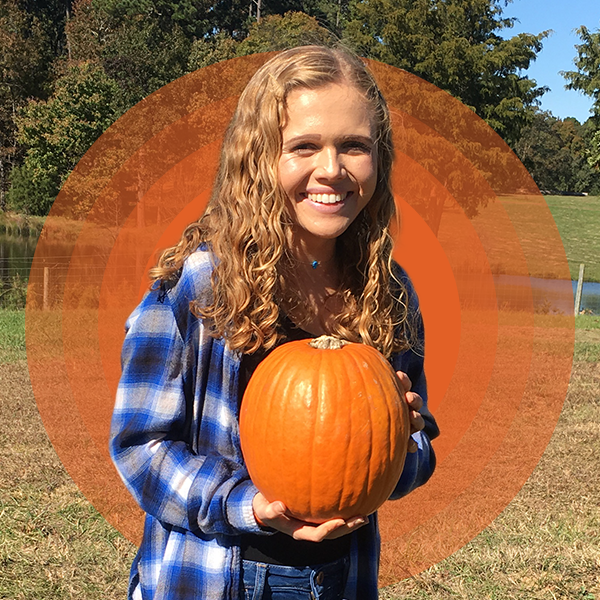Congratulations to the 2021 Kenan Summer Fellows
What does it mean to live an ethical life?
Kenan Summer Fellows spend a summer exploring—in a variety of ways—the answers to the question: What does it mean to live an ethical life? A Summer Fellow might design a project at home, implement a community-based intervention, compose a musical, volunteer with an NGO, write a play, or curate an art exhibition. Summer experiences can and do provide a thoughtful, novel perspective of how to live an ethical life.
Read the Kenan Summer Fellows blogs

David Xu
David Xu is a first-year undergraduate from Cary, North Carolina, planning on double-majoring in Economics and Neuroscience. In his free time he likes to read, play golf, run, and go to the beach.
For his Kenan Summer Fellows Project, David will be exploring how we can leverage the power of technology to empower individuals to live an ethical life. His project will define “living an ethical life” as contributing to a greater cause or mission that is in line with your morals and assisting a specific demographic, community, or population. The project will examine the current systems of state-sponsored censorship (exercised by countries such as China and regimes in the Middle East), which utilizes cutting-edge technology to influence public opinion and regulate the flow of information, and analyze how these systems restrict individuals from living an ethical life that deviates from the views of the censors. Through this project, which will be done through an internship with Ideas Beyond Borders, David seeks to both gain a better understanding of the current systems regimes use to censor their citizenry but also explore ways technology can combat these systems. He also hope to gain more knowledge on the lived experience of individuals who live in countries that exercise strict state-sponsored censorship.

Huiyin Zhou
Huiyin (she/they) is a rising sophomore from the industrial hub of Dongguan, China. Passionate about the intersections of gender, ethnicity/race, class, and the environment, she has served in several community-based projects in China and beyond. At Duke, she plans to major in International Comparative Studies and minor in Environmental Sciences & Policy, with an Ethics or Documentary Studies certificate.
Her KSF project will be an organic combination of social media analysis, autoethnography and art. By looking at social media accounts of the various experimental farming communities in China – including Southern Life, All Grow Farm, To Good Farm, and so on – she plans to analyze media narratives of nature and labor and inquire into ethical relationships between labor, nature, and the market. In the process, she will uncover how social and agricultural experiments may reproduce, challenge, and/or offer new possibilities to neoliberal norms that produce disposable labor and natures. Through autoethnography and writing creatively about past experiences with nature, she hopes to produce a collection of reflective and reflexive writing pieces that inquire into her own relationships to labor, land, and nature – and unpack how these relationships have been constantly challenged and remade.

John Kang
John is a rising junior from Annandale, Virginia pursuing a Program II titled “Social Impact through the Moving Image” that seeks to examine how storytelling through the moving image can be leveraged to create positive change in society. A lover of people, stories, and community, he spends his free time playing Spikeball on the quad, discovering music on Spotify, and going on late-night walks in Durham.
For this project, he wishes to explore how international entities might ethically navigate barriers (cultural, societal, political, economic, linguistic, etc.) that inherently exist when interacting with locals in unfamiliar regions. Working remotely with Village Schools International, a non-profit organization aimed at empowering rural communities in Africa through education, John seeks to contribute towards the organization’s creative operations while providing the resources necessary for teachers in Tanzania to create a moving image product. He hopes that in pursuing these goals, his experiences will offer broader insights into how an organization or individual might work with people of different backgrounds without encroaching on their wants or needs, an issue that ultimately pertains not only to international development efforts but also the storytelling process as well."

Joy Reeves
Joy Reeves is a rising senior studying Environmental Science and Policy with a minor in Visual Media Studies. She is interested in exploring the intersections of creative science communication, climate justice, and environmental ethics.
Bringing Comics into Environmental Education is a virtual comic project that aims to engage younger students on climate issues during the challenges of COVID-19. This summer, I will generate a 3-part series of 5-10 page webcomics (online comics) featuring characters designed to teach younger students about complex environmental issues ranging from solar technology to permaculture farming systems, with an emphasis on ethics and environmental justice. I will gear the majority of my comic episodes towards 2nd-6th graders. As an Environmental Science & Policy major and Visual Media Studies minor, I see this project as an opportunity to culminate my academic career and give back to online learning communities during COVID-19. Through environmental research and visual storytelling, these comics will bring to life characters who are underrepresented in STEM fields, encourage ethical discussion, and make environmental science more accessible to all. I hope to explore what it means to be an ethical artist and environmentalist, particularly analyzing “sense of place,” colonization, and the Anthropocene through comics. Comics and cartoons are often dismissed as a frivolous art form designed to elicit giggles and goofiness. I believe that their value transcends humor alone. Comics have the power to convey social messages, awaken heroism, and change minds. As an artist, I believe that living an ethical life means using art as a tool to meaningfully engage an audience on social justice issues. Art is not merely a quiet, relaxing hobby; it is a purposeful, powerful way to pursue good and expose injustice. I hope to generate a comic series that fulfills this definition of art!

Lily Levin
Lily Levin (she/her) is a current sophomore at Duke University majoring in English. She is passionate about the intersection of storytelling and justice and using the arts to advocate for mutual aid and collective liberation.
Lily Levin will be interning for Solitary Watch, a watchdog that reports on stories of those in solitary confinement. She’ll be specifically writing articles surrounding those incarcerated in detention centers at the US/Mexico border.

Muhammad Usama
Muhammad Usama is a DKU sophomore, majoring in Political Science and Economics from Lahore, Pakistan. In his free time, he likes to read history, philosophy, and theology.
The project investigates the conditions of ethical rebellion against the state in the canon of Islamic political theology. In particular, the investigation focuses on jurisprudence as well as mystical sources within mainstream theology that seek to answer when can or must Muslims rebel against their rulers. The project focuses on neo-modern texts from the mid-19th century mostly, that are relevant to anti-colonial revolts led by theologians and mystics in South Asia and North Africa against the British and French, respectively. Key resistance movements include the Deoband movement in South Asia, the Qadiriyya, and Sanussi Orders (Mystic Orders) in Algeria and Libya that took part in armed resistance against colonial powers. The study would form part of a digital documentary archive featuring intellectual discourses, beliefs, cultures, and objectives of Islamist anti-colonial and independence movements as well as important figures involved in these movements.

Delaney Eisen
This summer, Delaney will be spending my time trying to answer; how does one ethically recreate in the outdoors? She is hoping to understand how people think about their outdoor recreation with regards to living an ethical life. Delaney is exploring this topic through three distinct lenses: the government, private organizations, and outdoor enthusiasts. She will be looking into how the government thinks about wildlife areas, ethical conundrums with access to the outdoors, and other such history and facets of regulating outdoor spaces. Delaney will then be looking into how private organizations, like Leave No Trace Center for Outdoor Ethics, teach and spread the word about ethical outdoor recreation. Finally, she will be asking outdoor enthusiasts about how they navigate the outdoors scene ethically and how they think about their outdoor habits. Plenty of people recreate in the outdoors without considering their impact and the ethics behind it, however Delaney has found that people that recreate most in the outdoors often do so following some sort of ethical guidelines. She will be investigating how enthusiasts create those guidelines for themselves and what those guidelines are. Overall, she is very excited to spend my summer diving into ethical outdoor recreation!

